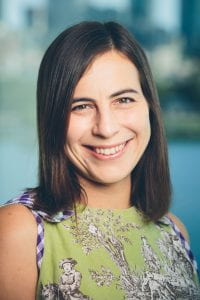To receive information on events sponsored or promoted by the Center for Data Science for Enterprise and Society, join our e-list by emailing datasciencecenter-L-request@cornell.edu and put “join” in the subject line. Leave the body blank.
UPCOMING EVENTS:
Wednesday, May 10, 2023
Center for Data Science for Enterprise and Society, Data Science Distinguished Lecture Series
Co-sponsored with the IS Colloquium Series
Toward Robust Data Visualization for Inference
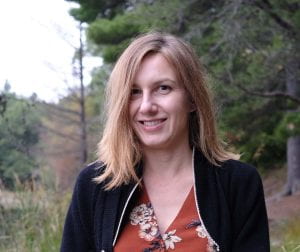
Jessica Hullman
Ginni Rometty Associate Professor of Computer Science
Northwestern University
3:30 – 4:30 p.m. ET
Gates 114 (and Zoom)
May 15 – 17, 2023 -WORKSHOP REGISTER NOW
Data-Driven Urban Tech: How Machine Learning and Optimization Addresses Today’s Urban Challenges
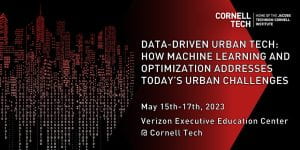
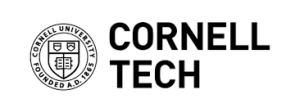
Cornell Tech, New York City
This workshop will bring together researchers and practitioners from academia and industry to discuss challenges and recent advances in the field. Panels and presentations will showcase how machine learning, optimization and other algorithmic tools can make cities more equitable, efficient and sustainable
Learn More: https://www.datasciencecenter.cornell.edu/data-driven-urban-tech-workshop
PAST EVENTS:
Wednesday, April 26, 2023 EVENT POSTPONED until Fall ’23
Center for Data Science for Enterprise and Society, Data Science Distinguished Lecture Series
Sponsored by Cornell’s Center for Social Sciences
co-sponsored with the Bowers College of Computing and Information Science and
the Center for Data Science for Enterprise and Society
What we see and what we value: AI with a human perspective
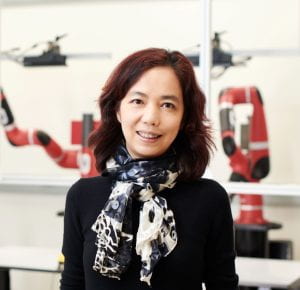
CCSS Annual Lecture
Fei-Fei Li, Stanford University
Event Rescheduled to Fall ’23
This popular event, open to the Ithaca community and the campus audience, generally draws an overflow audience and is followed by a reception.
Dr. Fei-Fei Li is the inaugural Sequoia Professor in the Computer Science Department at Stanford University and Co-Director of Stanford’s Human-Centered AI Institute. She served as the Director of Stanford’s AI Lab from 2013 to 2018. From January 2017 to September 2018, she was Vice President at Google and served as Chief Scientist of AI/ML at Google Cloud. Dr. Fei-Fei Li obtained her B.A. degree in physics from Princeton in 1999 with High Honors and her Ph.D. degree in electrical engineering from California Institute of Technology (Caltech) in 2005.
March 28, 2023 at 4:15 PM Eastern Time
Why can or should research institutions publish replication packages?
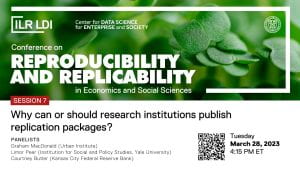
Panel: Graham MacDonald (Urban Institute), Limor Peer (Yale), and Courtney Butler (KC FRB) .
Moderator: Aleksandr Michuda (Cornell)
Register to join the session on Zoom.
This session brings various perspectives together on how research institutions think about publishing replication packages themselves, i.e., not a journal or generalist repository. Panelists come from a university with a specialized, university-centred data repository; from a Federal Reserve Bank with an active researcher community, and from a non-profit (non-academic) research institution. Each faces the requirements of varied internal researchers, external visibility, and differing audiences. The panelists can all speak to how a research institution makes decisions about the degree of transparency, and how much of that to do with internal resources.
Learn more at https://labordynamicsinstitute.github.io/crress/.
Friday, March 10, 2023
Center for Data Science for Enterprise and Society, Data Science Distinguished Lecture Series
Co-Sponsored with the AI Seminar and IS Colloquium
Talk: Defining, Measuring, and Reducing Algorithmic Amplification
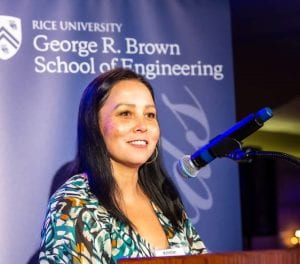
Kristian Lum
Associate Research Professor
University of Chicago Data Science Institute
12:15 p.m. – 1:15 p.m. ET in Gates 122
Zoom: https://cornell.zoom.us/j/97242972042?pwd=Rm9haFFWeElsSWwraDBKMThLTVA4Zz09
Passcode: 498836
Bio:
Kristian Lum is an Associate Research Professor at the University of Chicago Data Science Institute. Previously, she was a Sr. Staff Machine Learning Researcher at Twitter where she led research as part of the Machine Learning Ethics, Transparency, and Accountability (META) team. She is a founding member of the ACM Conference on Fairness, Accountability, and Transparency and has served in various leadership roles since its inception, growing this community of scholars and practitioners who care about the responsible use of machine learning systems, and she is a recent recipient of the COPSS Emerging Leaders Award and NSF Kavli Fellow. Her research looks into (un)fairness of predictive models with particular attention to those used in a criminal justice setting.
Abstract:
As people consume more content delivered by recommender systems, it has become increasingly important to understand how content is amplified by these recommendations. Much of the dialogue around algorithmic amplification implies that the algorithm is a single machine learning model acting on a neutrally defined, immutable corpus of content to be recommended. However, there are several other components of the system that are not traditionally considered part of the algorithm that influence what ends up on a user’s content feed. In this talk, I will enumerate some of these components that influence algorithmic amplification and discuss how these components can contribute to amplification and simultaneously confound its measurement. I will then discuss several proposals for mitigating unwanted amplification, even when it is difficult to measure precisely.
February 20, 2023 at 5:30 to 7:30 p.m.
Statler Hall, 198 (and Zoom – details below)
A conversation about the lessons learned from pandemic successes and failures
 Title: The pandemic: What We Got Right, What We Got Wrong, What Next
Title: The pandemic: What We Got Right, What We Got Wrong, What Next
Speaking:
Jayanta Bhattacharya (Stanford): Bhattacharya is Professor of Medicine, Senior Fellow at the Stanford Institute for Economic Policy Research and Professor by courtesy of Economics
David Shmoys (Cornell): Shmoys is the Laibe/Acheson Professor and Director of the Center for Data Science for Enterprise & Society at Cornell University.
DETAILS:
Lessons learned from pandemic successes and failures: a conversation Feb. 20
“The next pandemic could be just around the corner,” says the International Federation of the Red Cross and Red Crescent Societies, and the world is “dangerously unprepared.” On Feb. 20, David Shmoys of Cornell and Jay Bhattacharyas of Stanford will discuss what we’ve learned, and can apply, about the successes and failures of the policy responses to Covid‑19 in “The pandemic: What we got right, what we got wrong, what next.”
Dial-In Information
Register for Zoom attendance: https://cornell.zoom.us/webinar/register/WN_rclk5jKlTCCwgm_M69Ok6w
More Information
January 31, 2023 @ 4:15 p.m. : Conference on Reproducibility and Replicability in Economics and the Social Sciences.
Session 5: Disciplinary support: why is reproducibility not uniformly required across disciplines?
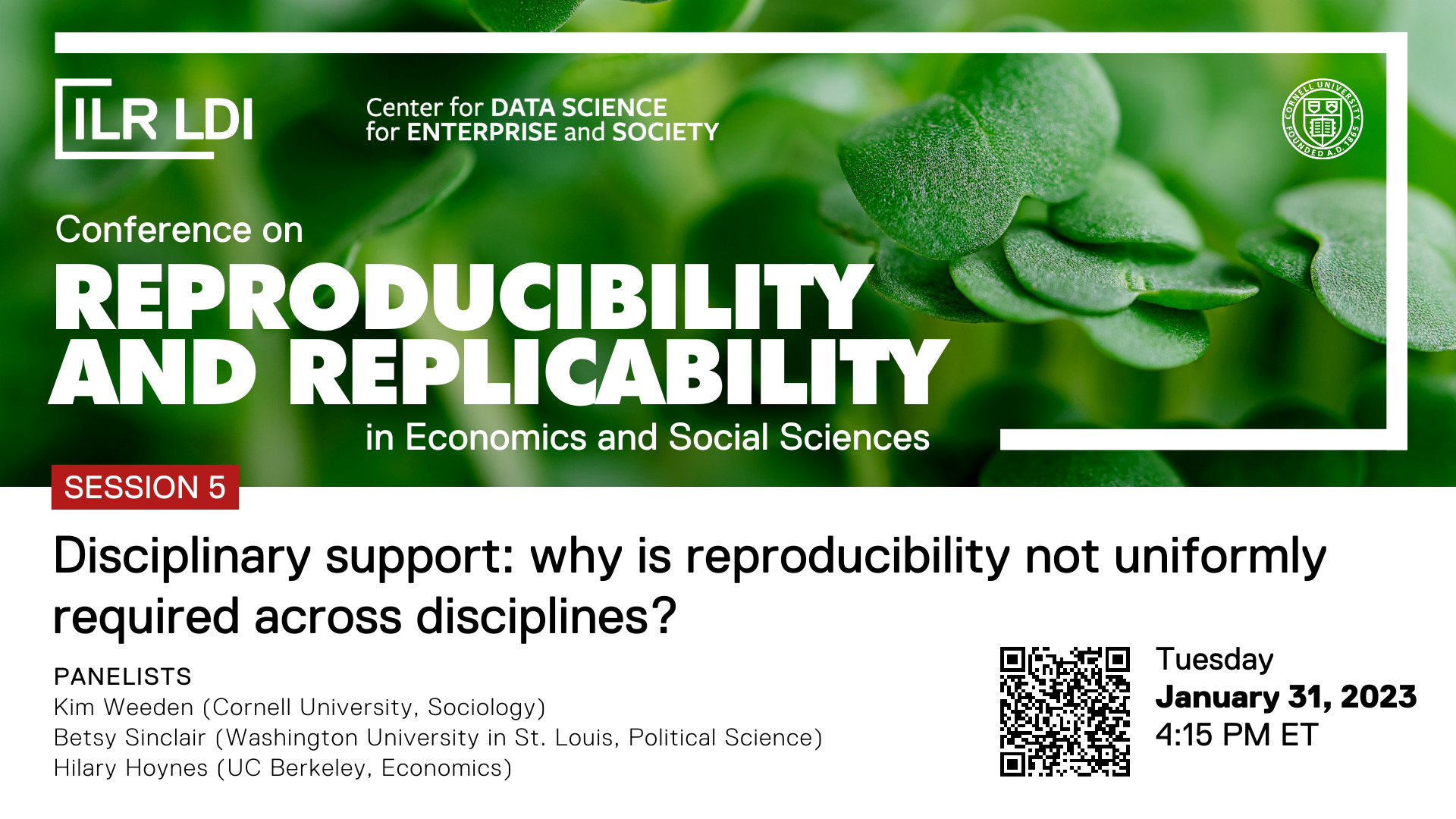 |
Why do learned societies decide (or not) to implement data (and code) availability policies? What influences the level of enforcement, and the choice of “enforcer” (data editor, administrative staff, referees)? What are reasons NOT to require data sharing or code sharing? Please register to join us on Zoom.
For more information on this session and the rest of the webinar series, see https://labordynamicsinstitute.github.io/crress/
|
December 13, 2022 @ 12:15 p.m. : Conference on Reproducibility and Replicability in Economics and the Social Sciences.
Session 4: Reproducibility and confidential or proprietary data: can it be done?
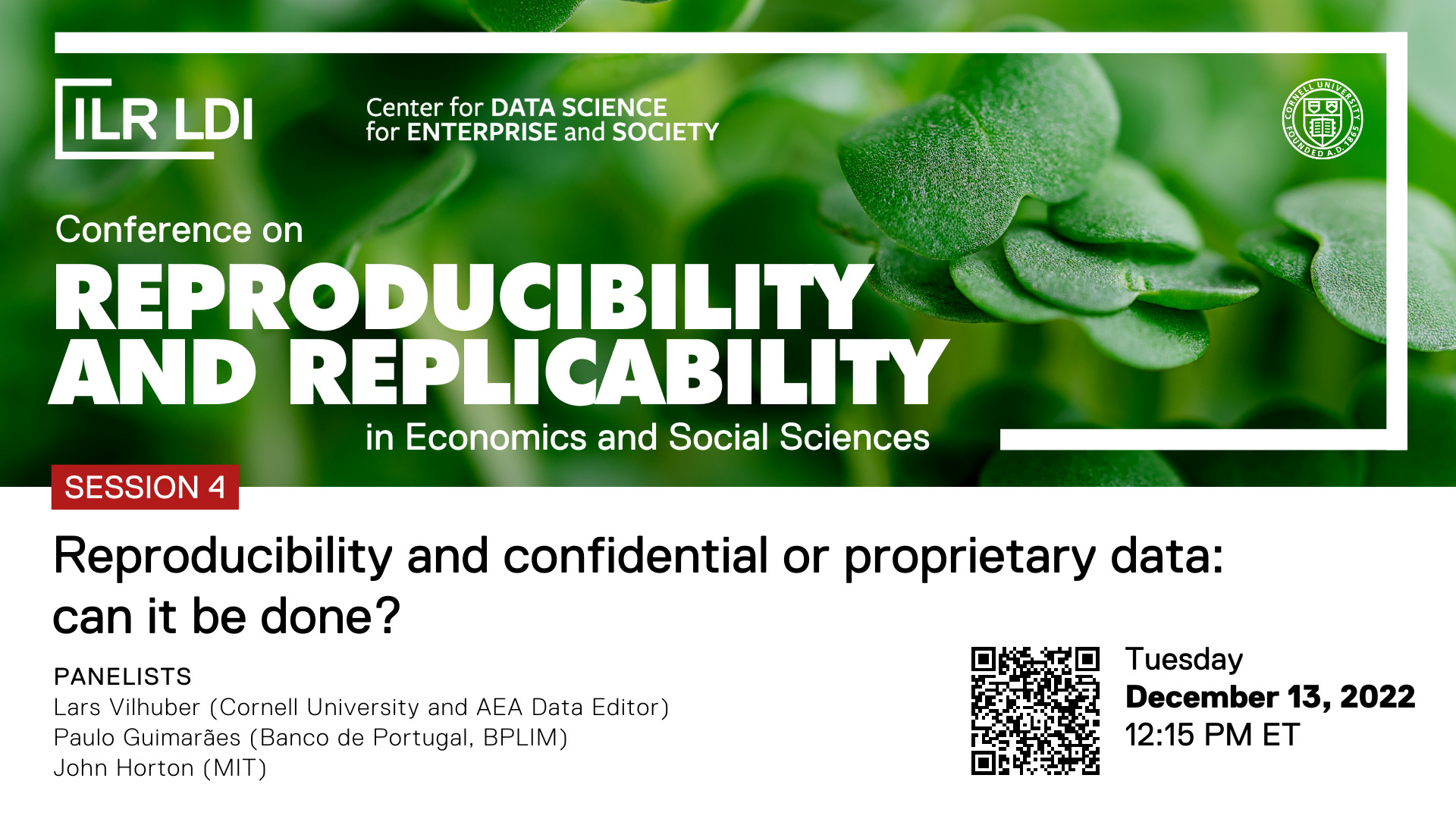 |
What happens to reproducibility when data are confidential or proprietary? Many journals can only ask that detailed access procedures be provided in a ReadMe file, but what mechanisms could be used to conduct computational reproducibility checks on such data? Should authors temporarily share their data with the journal for the purposes of reproducibility verification, even if they are not part of the public data replication package? Is it feasible to use a network of “insiders” to run code provided as part of a data replication package to assess reproducibility? Could a “certified run” be used? Panelists:
Moderator: Aleksandr Michuda (Cornell University, Center for Data Science for Enterprise and Society)
Please register to join us on Zoom.
|
November 20, 2022 @ 1:15 p.m. : Conference on Reproducibility and Replicability in Economics and the Social Sciences.
Session 3: Should teaching reproducibility be a part of undergraduate education or curriculum? (at SEA)
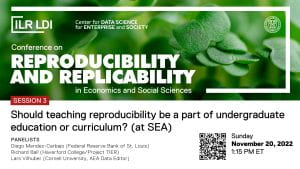 |
Panelists will discuss teaching reproducibility (TIER Protocol), the involvement of undergraduates for replications based on restricted-access data, and other topics. The session is in person at the Southern Economic Association. Panelists:
Moderator: Ian Schmutte (UGA)
SEA (Registration)
|
November 15, 2022 @ 4:15 : Center for Data Science for Enterprise & Society, Data Science Distinguished Lecture Series
Nonlinear Optimization in the Presence of Noise
This talk is co-sponsored with the School of Operations Research and Information Engineering
Speaker: Jorge Nocedal
Date: Tuesday, November 15, 2022
Time/Location:
4:15 p.m. , Rhodes Hall, Room 253
Reception 3:45 p.m., Rhodes 258
Zoom:
https://cornell.zoom.us/j/98222136729?pwd=bjFLMVYvTGhLSjdmZFFERzhzc0UwUT09
Passcode: 9000
Abstract: We begin by presenting three case studies that illustrate the nature of noisy optimization problems arising in practice. They originate in atmospheric sciences, machine learning, and engineering design. We wish to understand the source of the noise (e.g. a lower fidelity model, sampling or reduced precision arithmetic), its properties, and how to estimate it. This sets the stage for the presentation of our goal of redesigning constrained and unconstrained nonlinear optimization methods to achieve noise tolerance.
Bio: Jorge Nocedal is the Walter P. Murphy Professor in the Department of Industrial Engineering and Management Sciences at Northwestern University. He studied at UNAM (Mexico) and Rice University. His research is in optimization, both deterministic and stochastic, with emphasis on very large-scale problems. He is a SIAM Fellow, was awarded the 2012 George B. Dantzig Prize and the 2017 Von Neumann Theory Prize, for contributions to theory and algorithms of nonlinear optimization. He is a member of the US National Academy of Engineering.
October 25, 2022 @ 4:15 p.m. : Conference on Reproducibility and Replicability in Economics and the Social Sciences.
Session 2: Reproducibility and ethics – IRBs and beyond
 |
One of the most crucial dimensions that Internal Review Boards are interested in are the protocols that researchers have in place to protect their subjects’ privacy. This often leads to researchers writing in their IRB protocols that they will destroy their data once their project is complete. Understandably, however, destruction of data makes it impossible to verify and replicate work, which is increasingly becoming a vital part of modern science. How should data privacy be handled in the wake of the replication crisis? What protocols and standards should be put in place to minimize the risk of data leakage? Or should data be destroyed after some time span? Panelists: Michelle N. Meyer (Geisinger), Shea Swauger (FPF), Sarah Kopper (JPAL) This session will be on Zoom. |
October 24: Center for Data Science for Enterprise & Society, Data Science Distinguished Lecture Series
Information Provision in Markets
Speaker: Nicole Immorlica
This talk co-sponsored with Computer Science, Information Science, and ORIE
Time: 3:45 – 4:45 p.m.
Location: 114 Gates Hall
Zoom: https://cornell.zoom.us/j/98870122673?pwd=MjE1b0xzOFQxOHlDb0doUEhiWFd3Zz09
Passcode: 004115
Reception prior at 3:15 in 122 Gates Hall
Abstract: Tech-mediated markets give individuals an unprecedented number of opportunities. Students no longer need to attend their neighborhood school; through school choice programs they can apply to any school in their city. Tourists no longer need to wander streets looking for restaurants; they can select among them on an app from the comfort of their hotel rooms. Theoretically, this increased access improves outcomes. However, realizing these potential gains requires individuals to be able to navigate their options and make informed decisions. In this talk, we explore how markets can help guide individuals through this process by providing relevant information. We first discuss a school choice market where students must exert costly effort to learn their preferences. We show that posting exam score cutoffs breaks information deadlocks allowing students to efficiently evaluate their options. We next study a recommendation app which can selectively reveal past reviews to users. We show that it’s possible to facilitate learning across users by creating a hierarchical network structure in which early users explore and late users exploit the results of this exploration.
Bio: Nicole Immorlica received her PhD in 2005 from MIT, joined Northwestern University as a professor in 2008, and joined Microsoft Research New England (MSR NE) in 2012 where she currently leads the economics and computation group. She is the recipient of a number of fellowships and awards including the Sloan Fellowship, the Microsoft Faculty Fellowship and the NSF CAREER Award. She has been on several boards including SIGecom, SIGACT, the Game Theory Society, and OneChronos; is an associate editor of Operations Research, Games and Economic Behavior and Transactions on Economics and Computation; and was program committee member and chair for several ACM, IEEE and INFORMS conferences in her area. In her research, Nicole uses tools and modeling concepts from computer science and economics to explain, predict, and shape behavioral patterns in various online and offline markets. She is known for her work on mechanism design, market design and social networks.
October 6 – 7: tada2022 / Text as Data Conference
tada2022 |
The New Directions in Analyzing Text as Data (TADA) meeting is a leading forum for research on the study of politics, society, and culture through computational analysis of documents. Recent advances in NLP have the potential to revolutionize how we study human society. But using these tools effectively, reliably, and equitably requires continuous dialog between experts across computational methods, social science, and the humanities. TADA 2022 invites applications for research presentations on new work related to text-as-data methods and applications. TADA is an interdisciplinary conference, drawing scholars from across the social sciences, computer and information science, and related fields. Our programs from past meetings (TADA 2018, TADA 2019, and TADA 2021) show the wide range of work presented at our conference. Deadline for early registration: September 20, 2022 |
September 30 – October 2, 2022 : Cornell Engineering Innovations in Medicine Kick Off Symposium
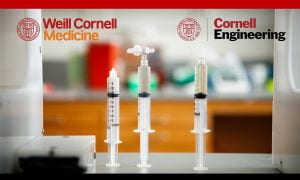 |
Cornell Engineering Innovations in Medicine is focused on exploring groundbreaking opportunities at the intersection of critical and impactful Cornell research programs. This event will feature speakers and participants from Weill Cornell Medicine, Cornell Tech, and Cornell Engineering exploring research and education initiatives aimed at preparing the next generation of physician and engineer innovators, advancing the frontiers of clinical and translational medicine with engineering focused tools and approaches, and forging a radical path of research to products and applications to advance clinical care and health outcomes of patients. |
September 27, 2022 @ 4:15 p.m. : Conference on Reproducibility and Replicability in Economics and the Social Sciences. Session 1: Institutional support: Should journals verify reproducibility?
 |
Different journals have different approaches towards enforcement of their data availability policies, ranging from a thorough and complete verification including running code and checking the output, to a cursory review of the files provided to make sure they appear satisfactory, to simply receiving the data and code package and archiving it on a website or a repository. What drives the choice of approach? What are the reasons behind such choices? Panelists: Guido Imbens (Stanford and Econometrica), Tim Salmon (SMU and Economic Inquiry), Toni Whited (University of Michigan and Journal of Financial Economics) This session will be on Zoom. |
August 15 – 26: Cornell Center for Social Sciences, Data Science Bootcamp
Co-sponsored by the Center for Data Science for Enterprise & Society
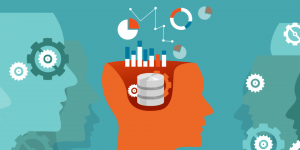 Discover software and techniques to support your data including Python, R, Stata, machine learning, and qualitative analysis!
Discover software and techniques to support your data including Python, R, Stata, machine learning, and qualitative analysis!
Are you starting (or thinking about starting) research or coursework involving data science? Get a head start before the semester by learning fundamental data science skills at the CCSS Fall Bootcamps! Over the course of two weeks (August 15-26), the bootcamp will cover a number of fundamental skills that are sure to be of use in classes and research. The first week will introduce you to software commonly used for data analysis in the social sciences: Python, R, and Stata. The second week will cover techniques for machine learning and qualitative analysis. Registration will begin July 2022.
No prior experience required. Lunch is provided daily.
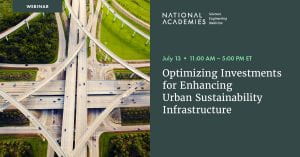
July 13, 20, 27: NASEM: Optimizing Investments for Enhancing Urban Sustainability Infrastructure
How can we use mathematics to meet urgent and municipal needs and achieve long-term goals for infrastructure sustainability? Join the National Academies for a series of three virtual workshops on July 13, 20, and 27 to explore optimization techniques that could advance urban sustainability. This workshop will bring together speakers with expertise in urban sustainability, city planning, infrastructure, mathematics, and statistics to discuss ways to help local governments better prioritize and invest in public works projects.
This is a free webinar.
Spring 2022: Data Science Distinguished Lecture Series
Sponsored by the Center for Data Science for Enterprise & Society
School Choice in Chile
Speaker: José Correa
This talk is co-sponsored with the School of Operations Research Information Engineering (ORIE)
Date: Monday, April 25th
Reception: 9:30 a.m., Rhodes 258
Talk: 10 – 11 a.m., Rhodes 253
Watch the video of Jose’s talk
Policy Gradient Descent for Control: Global Optimality and Convex Parameterization
Speaker: Maryam Fazel, University of Washington
This talk is co-sponsored with the Center for Applied Mathematics (CAM)
Date: Friday, May 6
3:45 p.m., Rhodes 253
Watch the video of Maryam’s talk


